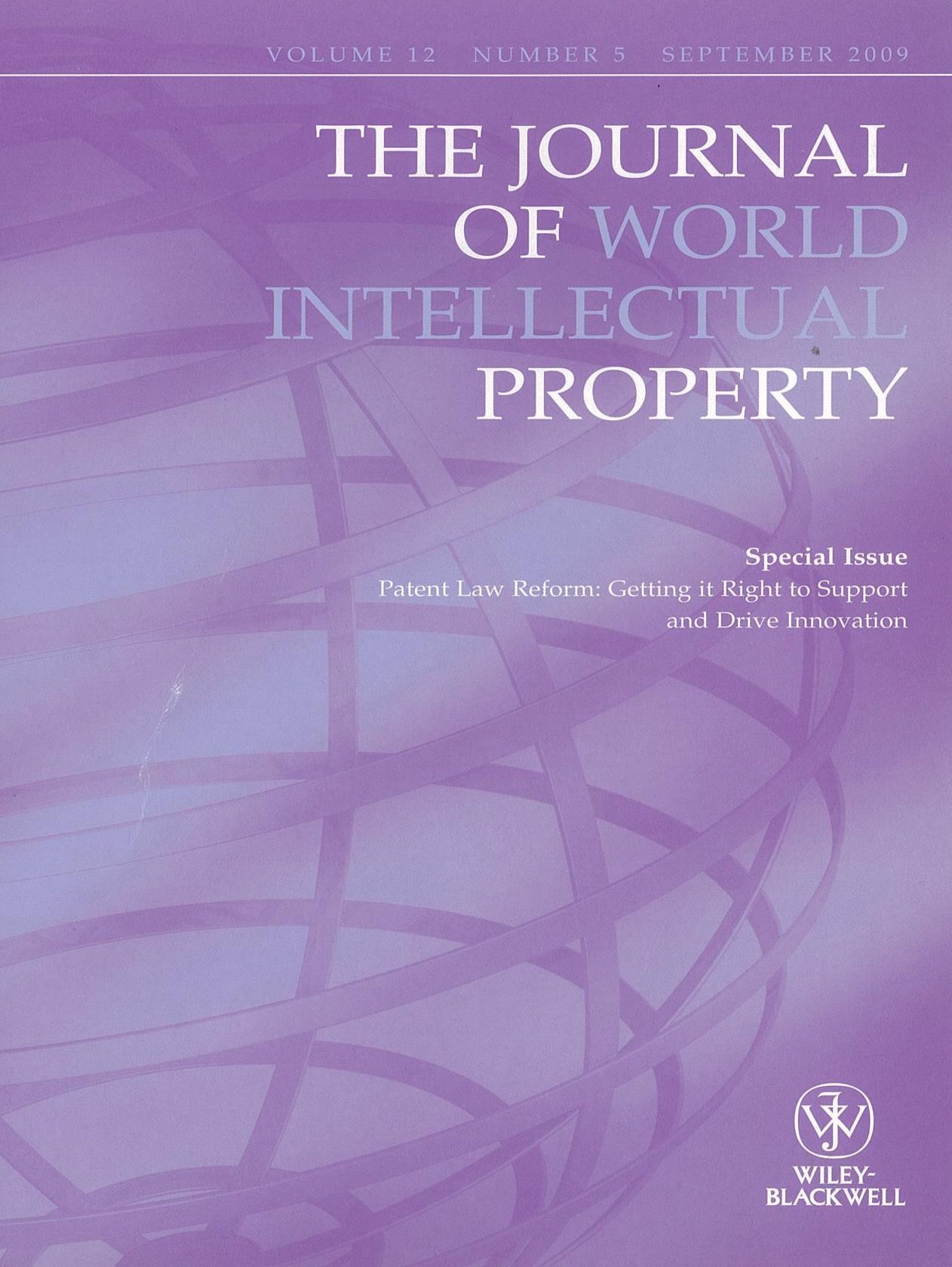Geographical Indications and their Contribution to Environmental Quality and Linkages to Social & Cultural Issues
- Presentation
- Date
-
- Location
- London, United Kingdom
- Speech
-
Stephanie Wunder
The IPDEV research project partners met in London at the two-day workshop "Intellectual Property Rights and Sustainable Development". Together with a high level group of experts and stakeholders, the project results and policy recommendations were discussed. Stephanie Schlegel from Ecologic Institute presented the findings on "Geographical Indications and their contribution to environmental quality and linkages to social & cultural issues". Her presentation is available for download. Benjamin Görlach and Dora Schaffrin spoke about the international Treaty on Plant Genetic Resources for Food and Agriculture.
The IPDEV project (Impacts of the IPR Rules on Sustainable Development), funded by the 6th Framework Programme of the European Commission, DG Research, aims to assess the impact of IPR rules on economic growth (including investment), environmental protection (including biodiversity), and social goals.
Ecologic Institute was mostly involved in two work packages of the Project: WP3, "Assessing the applicability of geographical indications as means to improve environmental quality in affected ecosystems and the competitiveness of agricultural products" and WP5, "Identifying effective capacity building measures for the implementation of access and property rights legislation in the area of agricultural biodiversity".
In order to assess geographical indications as means to improve environmental quality, case studies were done in various parts of Europe. For Germany, Ecologic conducted three case studies: Spreewald Gherkins, Schwäbisch-Hall quality pork, and Diepholz Moor lamb.
The assessment of the case studies showed that environmental quality is a secondary motivation in GI related strategies and is rarely included explicitly in the specification of a GI. However, there is some evidence to suggest that GI-protected products can be produced in a way that is more environmentally benign than production of standard or industrial substitutes would be. The products protected by GI in many cases make a contribution to the conservation and maintenance of distinctive cultural landscapes, and the regions of origin often include protected areas. Nevertheless, GIs are not per se a warrant for sustainability; there are also examples of GIs where production methods are not at all different from standard agricultural practices, with respect to environmental impacts. Nonetheless, if environmental quality was a motivating factor leading to the establishment of GI protection, the product would more likely achieve an environmental benefit. Environmental benefits of the GI protected goods are often achieved through indirect secondary effects and due to synergies with other sectors.
The presentation of Stephanie Schlegel is available for download [pdf, 232 KB, English].



